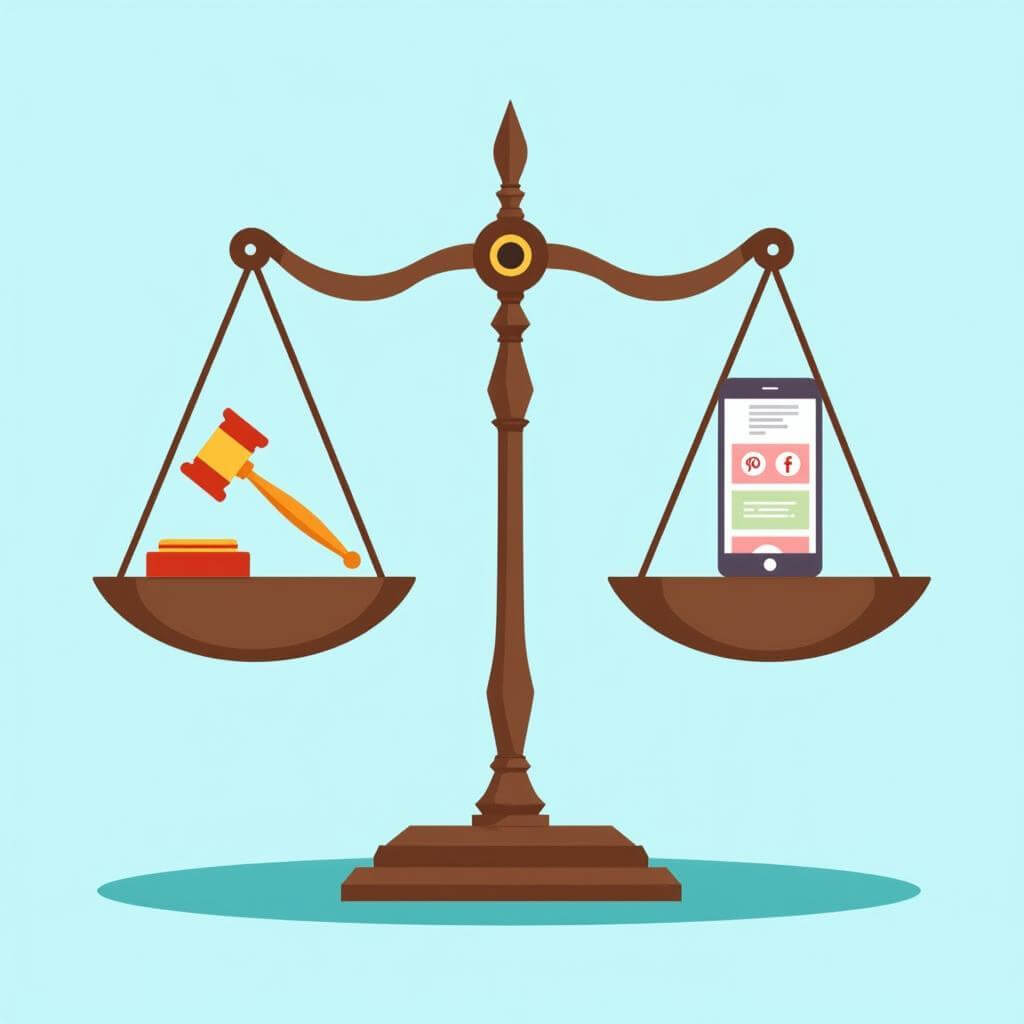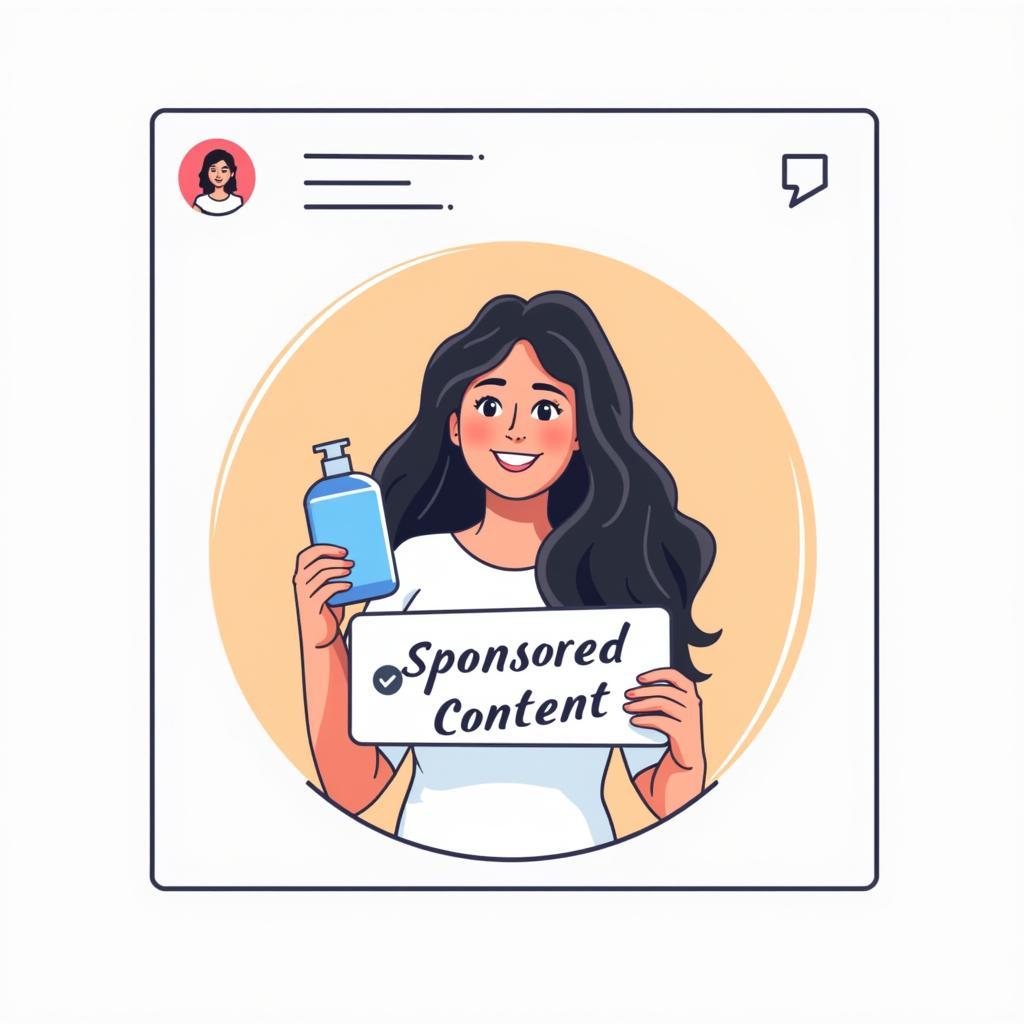Influencer marketing has become a hot topic in recent years, and its regulation is increasingly appearing in IELTS Writing Task 2 questions. Based on trends observed in past exams and discussions on reputable IELTS preparation websites, we can expect this topic to feature prominently in future tests. Let’s examine a relevant question that has appeared in recent IELTS exams:
Some people think that influencer marketing should be more strictly regulated. Others believe that it should be left to develop freely.
Discuss both these views and give your own opinion.
Analyzing the Question
This question requires candidates to:
- Discuss arguments for stricter regulation of influencer marketing
- Discuss arguments against regulation, favoring free development
- Provide their own opinion on the issue
Let’s explore sample essays for different band scores to understand how to approach this topic effectively.
Sample Essay 1 (Band 8-9)
In the digital age, influencer marketing has become a powerful tool for businesses to reach consumers. While some advocate for stricter regulation of this practice, others argue for its unrestricted development. This essay will examine both perspectives before presenting my own viewpoint.
Proponents of tighter regulation argue that it is necessary to protect consumers from misleading advertising. Many influencers fail to disclose paid partnerships, leading followers to believe that product recommendations are genuine rather than sponsored. Stricter rules could enforce transparency, requiring clear labeling of sponsored content. Additionally, regulation could prevent the promotion of harmful products, such as tobacco or unsafe weight loss supplements, to vulnerable audiences.
On the other hand, those who support free development of influencer marketing contend that excessive regulation could stifle innovation and limit economic opportunities. They argue that the digital landscape evolves rapidly, and rigid rules might become quickly outdated, hampering the industry’s growth. Moreover, over-regulation could discourage small businesses and emerging influencers from participating in this form of marketing, potentially reducing competition and diversity in the market.
In my opinion, a balanced approach is crucial. While some regulation is necessary to ensure ethical practices and consumer protection, it should not be so stringent as to impede the industry’s dynamism. I believe that a framework of guidelines rather than strict rules would be most effective. This could include mandatory disclosure of sponsorships, age restrictions for certain product categories, and regular training for influencers on ethical marketing practices.
In conclusion, the regulation of influencer marketing requires a nuanced approach. By striking a balance between consumer protection and industry freedom, we can harness the benefits of this marketing strategy while mitigating its potential risks.
 Balanced approach to influencer marketing regulation
Balanced approach to influencer marketing regulation
Sample Essay 2 (Band 6-7)
Nowadays, influencer marketing is very popular, and people have different opinions about whether it should be regulated or not. In this essay, I will discuss both sides and give my own view.
Some people think influencer marketing needs more rules. They say this because many influencers don’t tell their followers when they are paid to promote products. This can be misleading for consumers who trust the influencers. Also, some influencers promote unhealthy things like junk food or dangerous weight loss products. If there were more rules, it could protect people from these problems.
However, other people believe influencer marketing should be free to grow without strict rules. They think that too many regulations could make it hard for new influencers to start their careers. It might also stop companies from using this type of marketing, which could be bad for the economy. They say the internet changes fast, so it’s difficult to make rules that work for a long time.
In my opinion, I think we need some rules for influencer marketing, but not too many. It’s important to protect consumers, especially young people who might be easily influenced. But we also don’t want to stop influencers from being creative and making money. Maybe we could have some basic rules about being honest about sponsorships and not promoting dangerous products.
To conclude, influencer marketing is a complex issue. We need to find a balance between protecting consumers and allowing the industry to grow. I believe some regulation is necessary, but it should be carefully thought out.
Sample Essay 3 (Band 5-6)
In todays world, many people use social media and follow influencers. Some people think we need more rules for influencer marketing, but others say it should be free. I will talk about both ideas and give my opinion.
First, some people want more rules. They think its not fair when influencers dont say they are paid to talk about products. This can trick people into buying things they dont need. Also, some influencers talk about bad things like cigarettes or unhealthy diets. Rules could stop this and protect people.
But other people think we dont need rules. They say rules might make it hard for new influencers to start their job. Also, if there are too many rules, companies might not want to use influencers for marketing. This could be bad for business and the economy.
I think we need some rules, but not too many. Its important to keep people safe, especially young people who might believe everything influencers say. But we also dont want to make it too hard for influencers to work. Maybe we could have some simple rules about being honest and not talking about dangerous things.
In conclusion, influencer marketing is a difficult topic. We need to think carefully about how to make it safe but also let it grow. I think some basic rules would be good, but we shouldnt make it too strict.
 Influencer marketing disclosure and transparency
Influencer marketing disclosure and transparency
Explaining the Scores
Band 8-9 Essay:
- Fully addresses all parts of the task with a well-developed response
- Presents a clear position throughout the essay
- Uses a wide range of vocabulary with very natural and sophisticated control
- Uses a wide range of complex structures with full flexibility and accuracy
- Has excellent paragraph organization and cohesion
Band 6-7 Essay:
- Addresses all parts of the task, though some parts may be more fully covered than others
- Presents a relevant position, though conclusions may become unclear
- Uses an adequate range of vocabulary with some errors in word choice
- Uses a mix of simple and complex sentence forms
- Has clear overall progression, but may lack cohesion in places
Band 5-6 Essay:
- Addresses the task only partially, with limited development of ideas
- Expresses a position but it may not be clear throughout
- Uses limited vocabulary with noticeable errors that may cause some difficulty for the reader
- Uses mainly simple sentences with only rare attempts at complex structures
- Has some organization but lacks overall progression
The influence of advertising on consumer purchasing decisions
Key Vocabulary to Remember
- Influencer marketing (noun) – /ˈɪnfluːənsə ˈmɑːkɪtɪŋ/ – A form of marketing that focuses on using key leaders to drive a brand’s message to the larger market
- Regulation (noun) – /ˌreɡjuˈleɪʃn/ – A rule or directive made and maintained by an authority
- Transparency (noun) – /trænsˈpærənsi/ – The quality of being open and honest
- Disclosure (noun) – /dɪsˈkləʊʒə/ – The action of making new or secret information known
- Ethical (adjective) – /ˈeθɪkl/ – Relating to moral principles or the branch of knowledge dealing with these
- Stifle (verb) – /ˈstaɪfl/ – Prevent or constrain (an activity or idea)
- Innovation (noun) – /ˌɪnəˈveɪʃn/ – The action or process of innovating
- Nuanced (adjective) – /ˈnjuːɑːnst/ – Characterized by subtle shades of meaning or expression
- Mitigate (verb) – /ˈmɪtɪɡeɪt/ – Make less severe, serious, or painful
- Framework (noun) – /ˈfreɪmwɜːk/ – A basic structure underlying a system, concept, or text
In conclusion, the regulation of influencer marketing is a complex and increasingly relevant topic for IELTS Writing Task 2. By understanding the different perspectives and using appropriate vocabulary and structures, you can craft a well-balanced essay that addresses all aspects of the question. To further improve your skills, try writing your own essay on this topic and share it in the comments section for feedback and discussion. Additionally, you may want to practice with similar topics such as regulating fast food advertising to prevent obesity or should governments regulate the advertising of unhealthy foods, as these themes often intersect with influencer marketing in the digital age.


